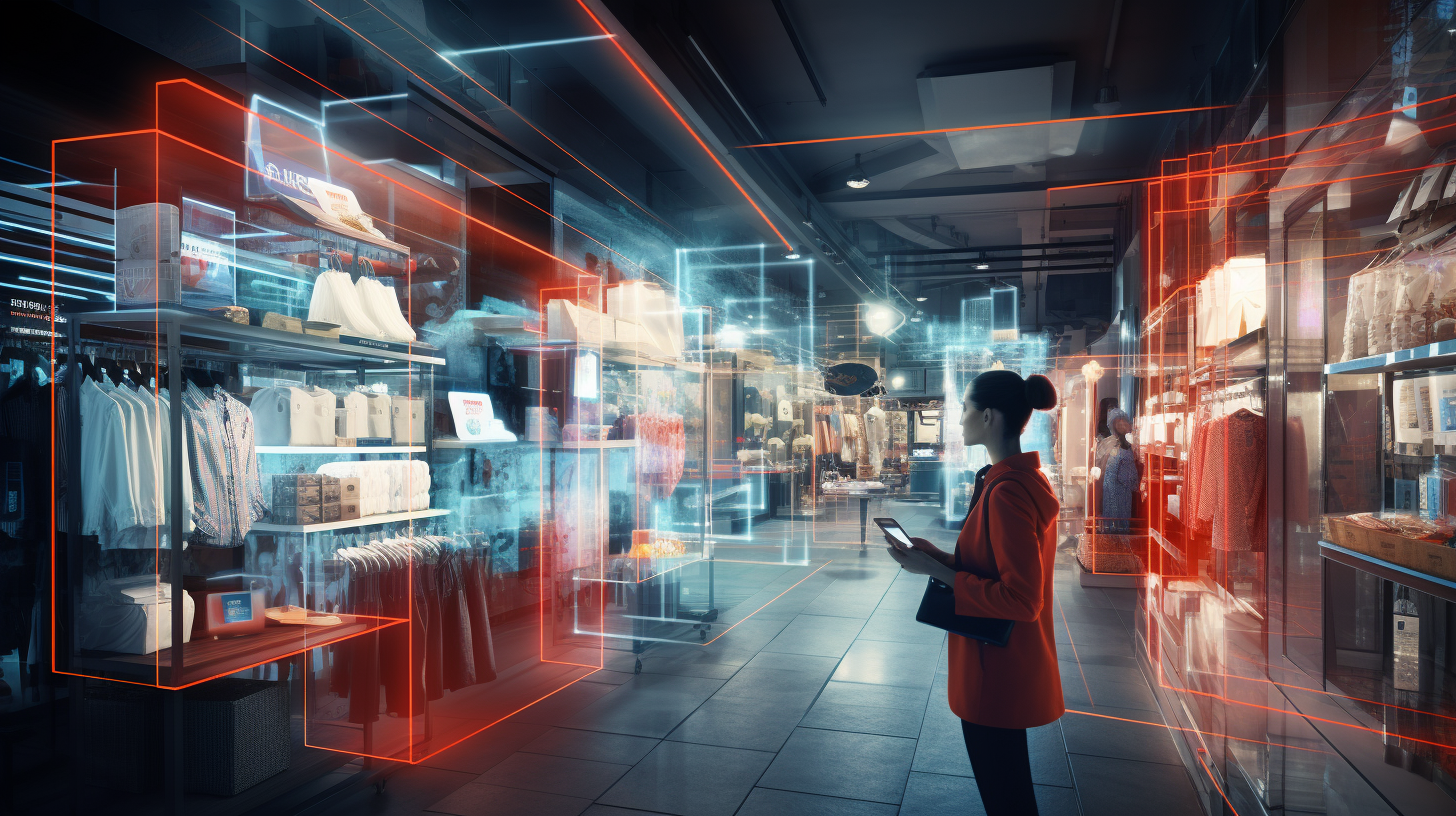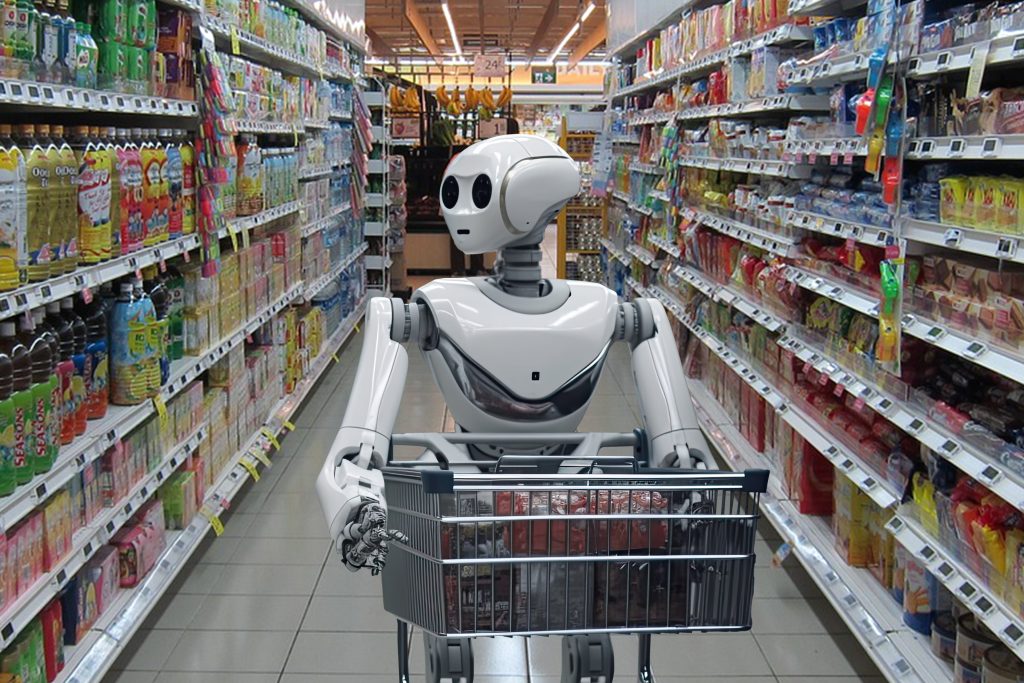Artificial Intelligence (AI) is revolutionizing the retail industry by enhancing customer experiences, optimizing operations, and driving smarter business decisions. As AI technologies become increasingly integrated into retail, understanding their impact is crucial for retailers striving to stay competitive in a rapidly evolving market.
How Does AI Impact Retail?
AI in retail involves using machine learning, data analytics, and intelligent automation to improve everything from customer service to inventory management. By leveraging AI, retailers can better understand consumer behavior, streamline processes, and create more personalized shopping experiences.
Key Areas Where AI Impacts Retail
Personalized Customer Experiences
AI enables retailers to analyze vast amounts of customer data, helping deliver tailored product recommendations, targeted marketing campaigns, and customized offers. This level of personalization increases customer satisfaction and loyalty.
Inventory Management and Demand Forecasting
AI-powered systems predict demand trends more accurately, helping retailers optimize stock levels and reduce waste. Automated inventory management ensures shelves are stocked with the right products at the right time, improving sales and reducing costs.
Chatbots and Virtual Assistants
AI-driven chatbots provide instant customer support 24/7, answering queries, assisting with purchases, and resolving issues efficiently. Virtual assistants also help shoppers find products faster and improve the overall online shopping experience.
Visual Search and Image Recognition
With AI-powered visual search, customers can upload images to find similar products instantly. Image recognition technologies also help retailers organize and tag their product catalogs more effectively.
Fraud Detection and Security
AI algorithms analyze transaction patterns to detect fraudulent activities in real time, protecting both retailers and customers. Enhanced security measures reduce losses and build consumer trust.
Automated Checkout and Supply Chain
AI automates checkout processes through technologies like cashier-less stores and mobile payments. It also optimizes supply chains by predicting delays and managing logistics more effectively.
Challenges to Consider
Despite its benefits, AI adoption in retail comes with challenges such as data privacy concerns, integration costs, and the need for skilled personnel. Retailers must also be cautious to avoid biases in AI algorithms that could affect customer interactions.
Conclusion
AI is reshaping retail by making it smarter, faster, and more customer-centric. From personalization to inventory control and security, AI-driven innovations are transforming how retailers operate and connect with shoppers. Balancing technological advancements with ethical considerations and human touch will be essential for the continued success of AI in retail.







Leave feedback about this